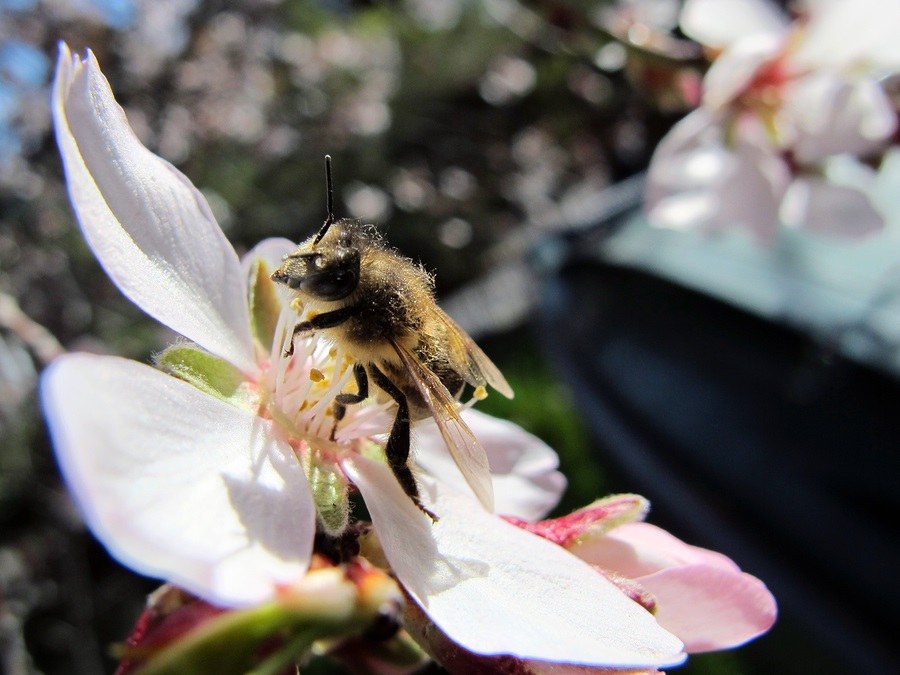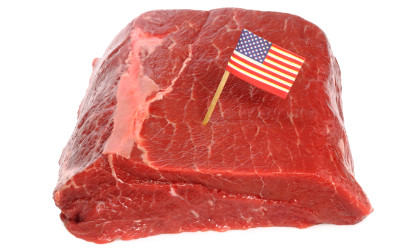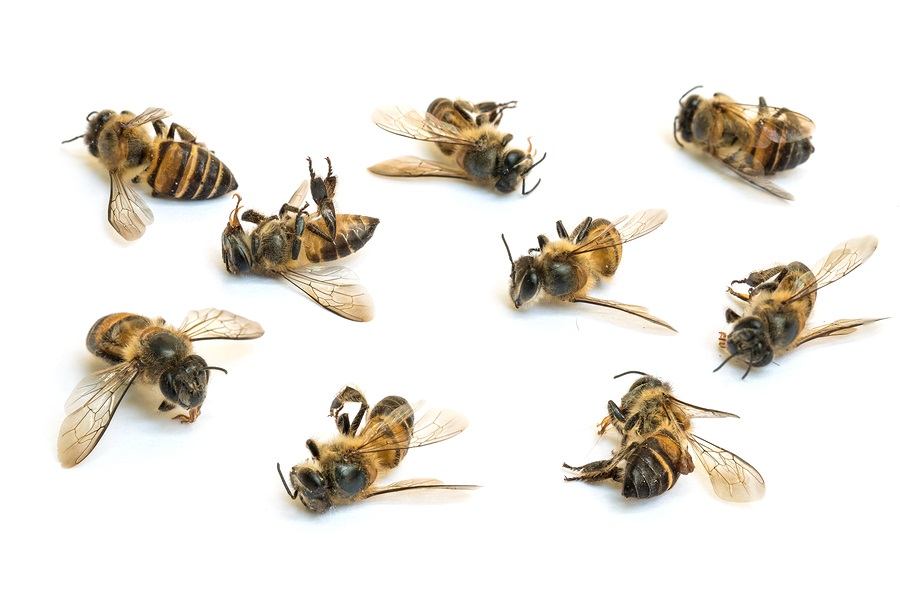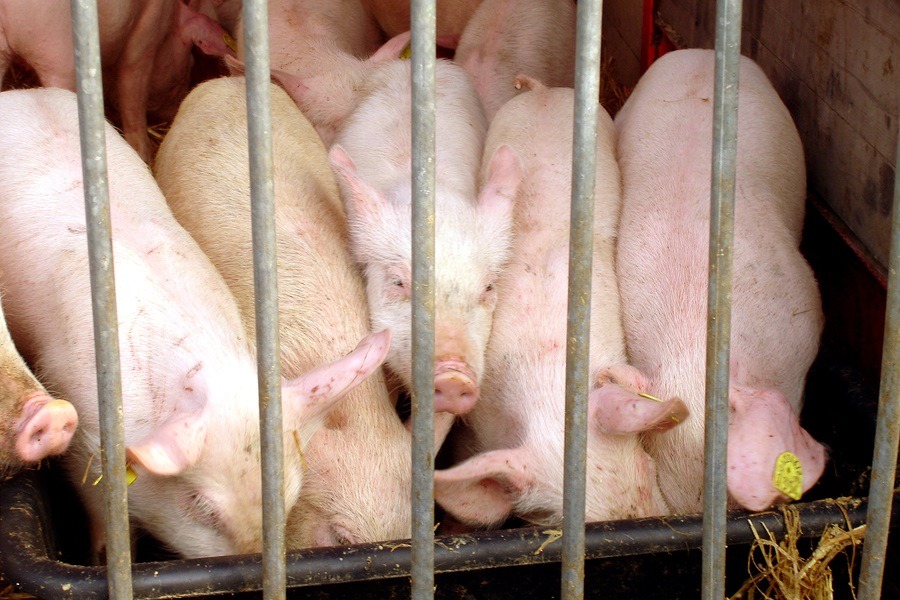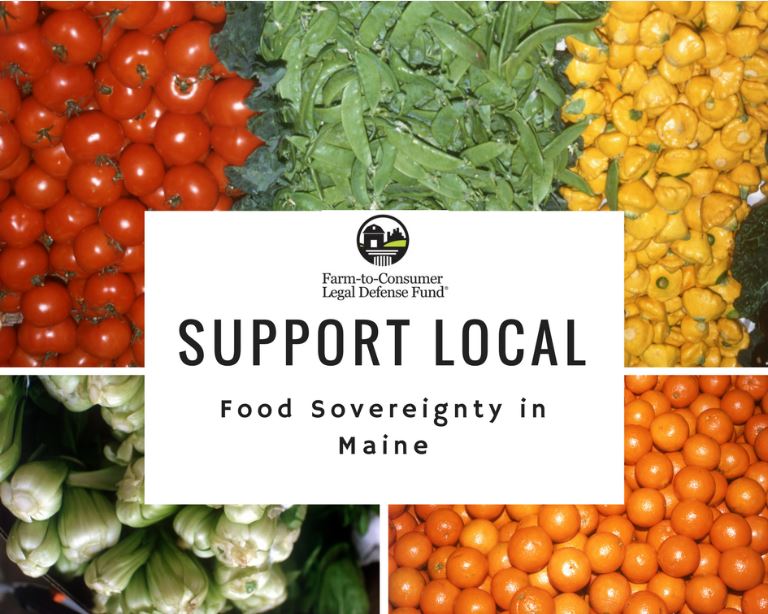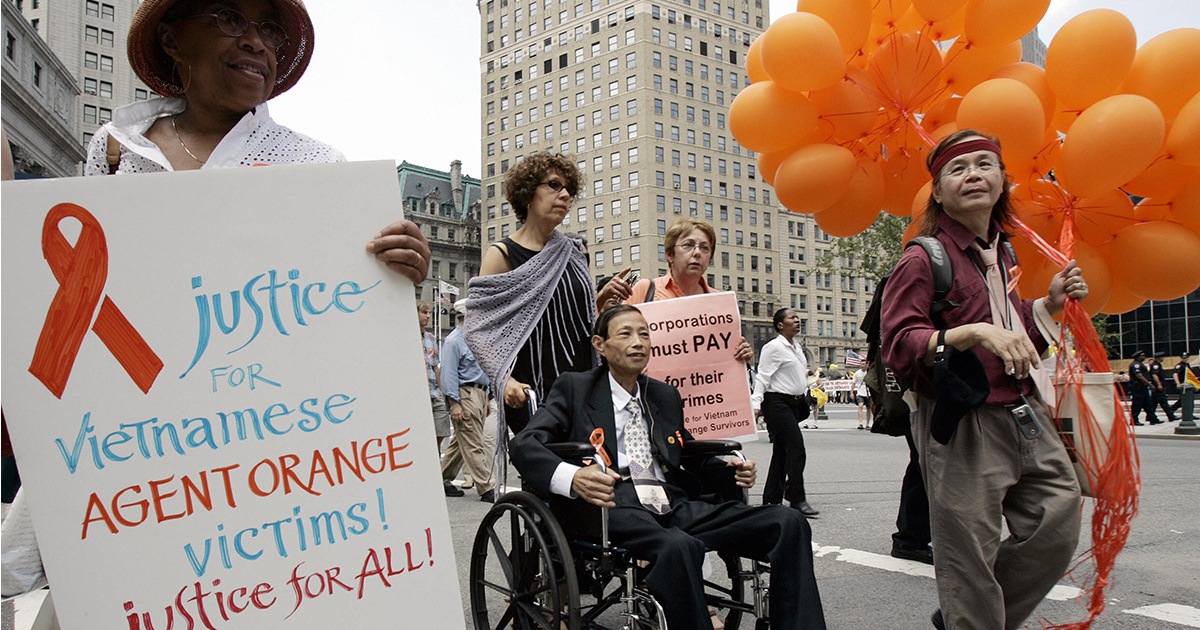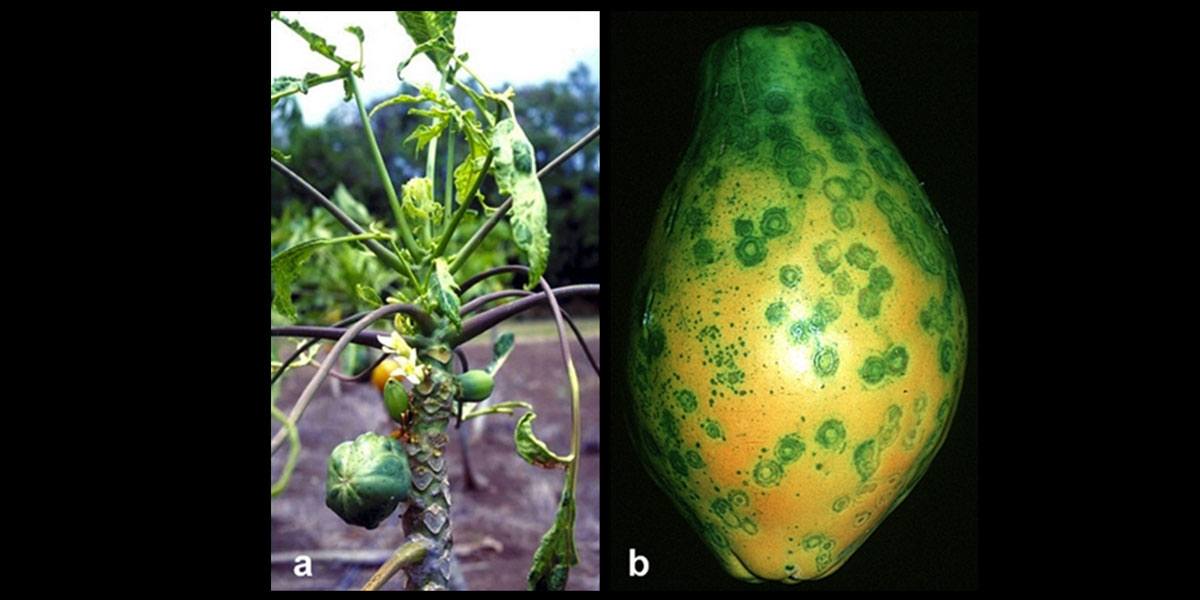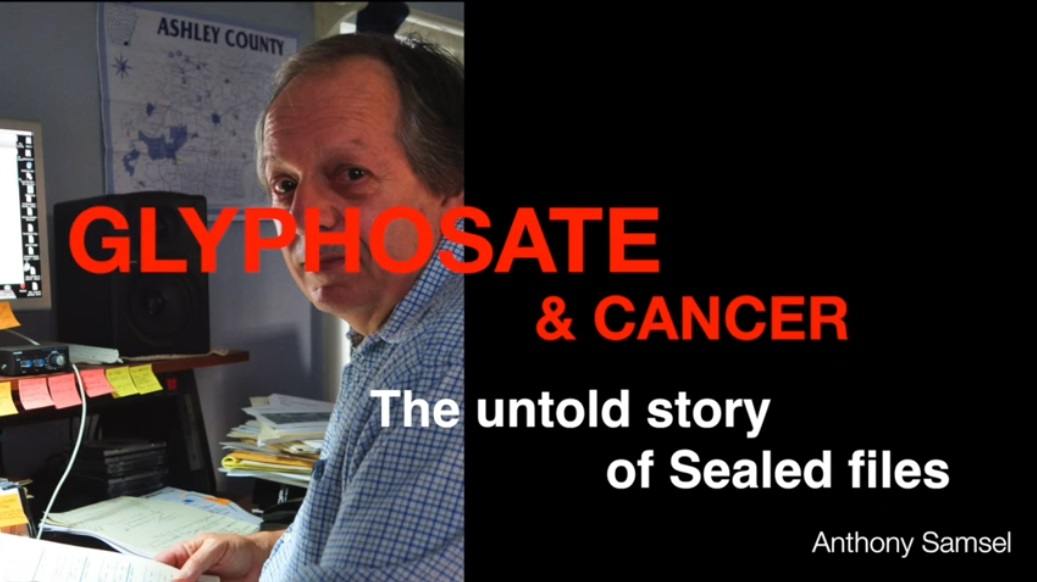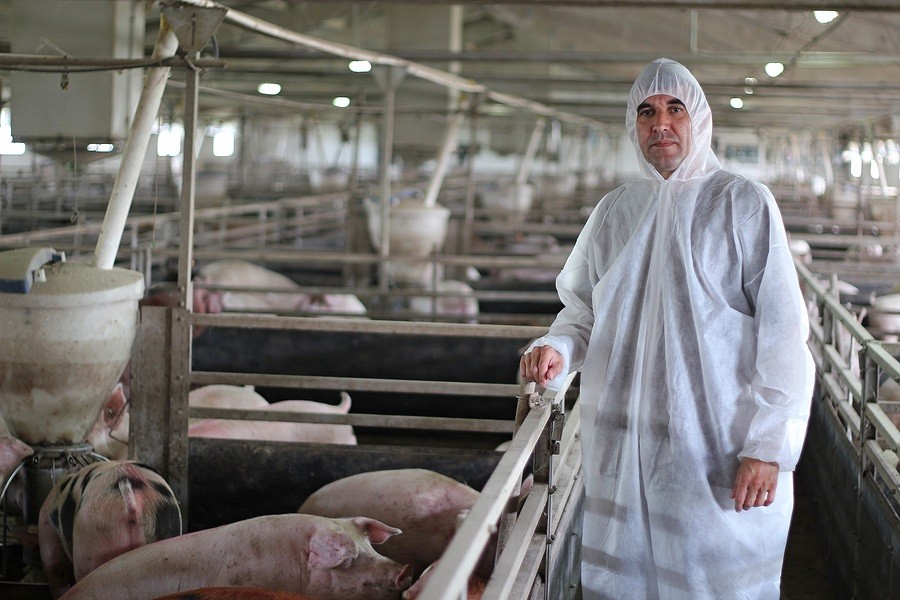News regarding the dangers of GMOs and biotech, and the advantages of organic sustainable agriculture.
Judge Rejects Monsanto’s Bid to Overturn Glyphosate Conviction but Reduces Punitive Damages from $250 Million to $39 Million
Earlier this week (October 2018) San Francisco Superior Court Judge Suzanne Ramos Bolanos rejected Monsanto’s appeal to overturn the jury verdict which found that glyphosate in the herbicide RoundUp causes cancer. Judge Bolanos had earlier hinted that she might overturn the jury's verdict, and eliminate the $250 million in punitive damages. While denying Monsanto's attorneys their request for a new trial, Judge Bolanos did reduce the punitive damages from $250 million to $39 million, the same amount (39 million) that was awarded to the plaintiff, Dewayne Johnson, who is not expected to live much longer due to his cancer diagnosis. Judge Bolanos also stated that if Dewayne Johnson and his attorneys did not accept the reduction in punitive damages, that she would order a new trial. Johnson’s lawyers said in a statement that the “reduction in punitive damages was unwarranted” and that his legal team, Baum Hedlund and the Miller Firm, was “weighing the options.” Bayer, now the parent company for Monsanto, stated that they would file another appeal of the jury's verdict.
Judge Says She Will Overturn Jury Conviction of Monsanto and Nullify $250 Million Award in Damages Over Glyphosate Injuries
A San Francisco judge cast doubt recently on a jury’s $289 million damage award to a former Bay Area groundskeeper who was diagnosed with cancer after frequently spraying school grounds with a widely used weed-killer manufactured by Monsanto Co. Superior Court Judge Suzanne Bolanos said in a tentative ruling that she would likely overturn $250 million in punitive damages because there was no convincing evidence that Monsanto had knowingly manufactured a harmful product or acted “despicably” toward the plaintiff, Dewayne “Lee” Johnson. Bolanos did not announce a final ruling, but showed little indication during the hearing that she was reconsidering her tentative decision on punitive damages. “I’m not following your argument,” she told Miller at one point after the lawyer said Monsanto had failed to properly test its product or study its effects. “You may not have been convinced by the evidence but we were,” juror Gary Kitahata said in a letter to Superior Court Judge Suzanne Bolanos, who is considering Monsanto’s requests to reduce the damages or overturn the entire verdict. “I urge you to respect and honor our verdict and the six weeks of our lives that we dedicated to this trial.” Another juror, Robert Howard, said in his letter to the judge that the jury had paid “studious attention” to the evidence, closely followed Bolanos’ instruction and deliberated for several days. The possibility that “our unanimous verdict could be summarily overturned demeans our system of justice and shakes my confidence in that system,” Howard wrote.
Developer of GMO Potatoes Renounces Own Work: Warns Against Consuming GMO Potatoes
Dr Caius Rommens developed GMO potatoes for the Idaho-based agbiotech company Simplot. The chief genetic modification he introduced was to silence the potatoes' melanin (PPO) gene. This gene, when operative, causes potatoes to discolour when bruised. The GMO potatoes do not discolour when bruised. They have therefore been marketed as bruise-resistant and are being sold without GMO labels in the US and Canada under innocuous-sounding names like Innate, Hibernate, and White Russet. After finding that “most GMO varieties were stunted, chlorotic, mutated, or sterile, and many of them died quickly, like prematurely-born babies”, Dr Rommens renounced his genetic engineering career and wrote a book about his experiences, Pandora’s Potatoes: The Worst GMOs. Dr Caius Rommens explains why we should be wary of the products he created.
Study: Glyphosate Weed-killer Spreading to Bee Larvae and Threatening World’s Bee Supplies
A new study has been published out of Argentina showing how bee exposure to the herbicide glyphosate is affecting the development of honey bee broods. Published in PLOS One, the title of the study is Glyphosate affects the larval development of honey bees depending on the susceptibility of colonies. Most of the world's bee supplies are used to pollinate crops by professional bee keepers. Previous studies have already confirmed that glyphosate is affecting the health of bees. This current study from Argentina suggests the problem may be more serious than first known, as it is affecting bee larvae in bee broods as they develop, and not just adult bees. It also means that most of the world's honey supply is also contaminated with glyphosate, since most commercial honey products, including "local" honey, is the product of bees being used to pollinate crops.
USDA Defrauds Consumers with “Product of USA” Sticker on Meats from Outside the U.S.
Where is the meat you’re buying really from? Many of us look for the “Product of USA” sticker on the meat we buy in the supermarket, but we may not be aware that the USDA allows meat raised outside the US to carry that label. It’s a shameful case of government-sanctioned fraud. Current USDA policy allows foreign meat to be imported to the US and carry the “Product of USA” label if it passes through a USDA-inspected plant. The USDA loophole allows foreign multinational corporations to disguise their products and take advantage of the lucrative US market. There’s good reason to believe that this loophole also violates the federal government’s own policies that prohibit false or misleading labeling.
Glyphosate Weed Killer Linked to Bee Deaths
The world’s most widely used weedkiller – used on over 85% of GM crops – may also be indirectly killing bees. New research from The University of Texas at Austin shows that honey bees exposed to glyphosate, the active ingredient in Roundup, lose some of the beneficial bacteria in their guts and are more susceptible to infection and death from harmful bacteria. Scientists believe this is evidence that glyphosate might be contributing to the decline of honey bees and native bees around the world. The findings are published this week in the journal Proceedings of the National Academy of Sciences.
Duke University Study: N.C. Residents Living Near Large Hog Farms Have Elevated Disease, Death Risks
Residents of communities near industrial-scale hog farms in North Carolina face an increased risk of potentially deadly diseases, Duke University scientists reported in a study released this week. Researchers found that compared to communities without big hog farms, in the communities with the highest hog farm density, there were 30 percent more deaths among patients with kidney disease, 50 percent more deaths among patients with anemia, and 130 percent more deaths among patients with a blood bacterial infection, called sepsis. The communities near the heaviest concentration of large hog farms also had a greater risk of infant mortality and lower birth weight.
How Many American Deaths Will the EPA be Responsible for Before They Ban Glyphosate Herbicide?
A California jury recently found Monsanto liable for a groundskeeper’s cancer, ordering the company to pay out $289 million. It was the first lawsuit that went to trial alleging that Roundup and other glyphosate-based weed-killers cause cancer. Other research shows that cancer may only be the tip of the iceberg in describing the toll this chemical is taking on our health. There have been hundreds of lawsuits filed against Monsanto alleging that glyphosate, the active ingredient in the Roundup herbicide, causes cancer, and now finally the courts are taking the claims seriously as a federal judge recently ruled that these cases can proceed to trial. The World Health Organization has labeled glyphosate a “probable carcinogen” and yet the US Environmental Protection Agency (EPA) says it isn’t—although we shouldn’t be surprised, given the crony ties that have been exposed between top EPA officials and the biotech industry. The EPA can’t be counted on to protect our health. How is this chemical possibly in the market? Tell the EPA to ban glyphosate!
Food Freedom Flourishes in Maine: Model for Other States?
Food freedom is flourishing in the State of Maine. A year after the governor of Maine signed “the Maine Food Sovereignty Act,” many Maine towns have responded to the new law by adopting ordinances that give their residents the legal right to sell food to one another without burdensome regulations. There are good reasons to permit farmers and home-based food processors such as bakers to sell food to their neighbors without oversight, but in most every state this is not permitted. It’s not about food safety, but about corporate control of the food system. On the day after the Maine Legislature approved the law in July of 2017, the US Department of Agriculture (USDA) contacted state officials and threatened to federalize Maine’s system of livestock slaughtering and processing facilities. This article takes an in-depth look at Maine’s Food Sovereignty Act, the threat raised by the US Department of Agriculture against that law, and provides guidance for people in other states who want to bring food freedom to their communities.
After California Jury Convicts Monsanto in Glyphosate Trial, Vietnamese Victims of Monsanto’s Agent Orange Also Want Justice
A jury's verdict in California that a groundskeeper got cancer from repeated exposure to Monsanto's Roundup weedkiller is offering new hope for justice for millions of plaintiffs an ocean away. During the Vietnam War, Monsanto was one of the primary companies that supplied Agent Orange to the U.S military, which sprayed 44 million liters (approximately 11.5 million gallons) of the dioxin-containing herbicide on the jungles of South Vietnam. As a result, at least three million Vietnamese people have suffered from cancer, neurological damage and reproductive problems that have been passed down three or four generations, Viet Nam News reported. "The verdict serves as a legal precedent which refutes previous claims that the herbicides made by Monsanto and other chemical corporations in the U.S. and provided for the U.S. army in the war are harmless," spokesman for Vietnam foreign ministry spokesperson Nguyen Phuong Tra said.
Organic Milk No Longer Organic: Factory Farms Take Over Organic Dairy and Drive Small Farms Out of Business
When commercialized in the 1980s, the organic dairy movement was viewed by many farmers as opting out of a rapacious agricultural marketing system that had already driven the majority of dairy farm families off the land over the preceding two decades. Now, a quarter century later, history is repeating itself with giant “factory farms” flooding the organic dairy market with fraudulent “organic” milk and economically devastating family businesses and rural communities. According to the latest USDA records, organic milk production jumped 18.5% in 2016 alone, far eclipsing the growth in market demand. As a result, wholesale purchasers of raw organic milk have cut prices to farmers by 25-30% or more. In addition, some buyers have set quotas, mandating production cuts, further impacting cash flow. The largest organic dairy name brand, Horizon, owned by Groupe Danone of France, is terminating contracts with some farmers, at a time when there are no alternative markets available. Industry experts have called the moves by the world’s largest dairy a “death warrant” for farmers. With the glut of organic milk, and the USDA abdicating their legally-mandated oversight responsibilities, authentic organic farmers and their customers are poised to band together to take their fight to the dairy coolers of the nation’s groceries and specialty retailers.
Lab Tests Show Children are Eating Contaminated Breakfast Cereals Containing Cancer-causing Glyphosate
Popular oat cereals, oatmeal, granola and snack bars come with a hefty dose of the weed-killing poison in Monsanto’s Roundup, according to independent laboratory tests commissioned by EWG. These new findings come days after a California jury awarded $289 million to a school groundskeeper who claimed Roundup gave him lymphoma. EWG’s tests found glyphosate, the active ingredient in Roundup, in all but two of 45 samples of products made with conventionally grown oats. More than two thirds of the samples had glyphosate levels above what EWG scientists consider protective of children’s health with an adequate margin of safety. About one-third of 16 samples of foods made with organically grown oats also had glyphosate, all at levels well below EWG’s health benchmark. Glyphosate may get in organic oats by drifting from nearby farm fields, or cross-contamination in a processing facility that also handles non-organic foods. Glyphosate has been linked to cancer by California state scientists and the World Health Organization. The California case that ended Friday was the first of reportedly thousands of lawsuits against Monsanto. These suits have been brought by farm workers and others who allege that they developed cancer from years of exposure to Roundup.
Monsanto Loses: Jury Awards Millions to Man Dying of Cancer Due to Herbicide Glyphosate – What’s Next?
This past Friday (August 10, 2018) a jury in California awarded Dewayne Johnson, a former school groundskeeper who is dying of cancer that he claims is the result of years of using the herbicide RoundUp which contains glyphosate, $39 million in damages, and another $250 million was levied against Monsanto for covering up the scientific evidence that glyphosate causes cancer. This is the first legal blow against Monsanto for its herbicide product, which is the world's most common herbicide, spread on crops all over the world. In recent years, laboratory testing on urine and mother's breast milk shows that almost the entire world's population contains glyphosate in their bodies. Health Impact News has covered this story for years now, and we published an interview with Dr. Anthony Samsel back in 2015, when he was able to obtain formerly concealed documents from the Environmental Protection Agency (EPA) revealing the toxic nature and cancer risk of the ingredients in the herbicide RoundUp, but were concealed from the public due to "trade secrets." Much of the pre-trial legal maneuvering was centered around what evidence was going to be allowed in the trial. In the end, in spite of what appeared to be at some points a biased judge, enough evidence was presented to the jury to conclude Monsanto was guilty. What's next?
Virus Resistant GMO Papaya Fails as New Lineage of the Virus Develops
Ringspot virus-resistant GM papayas are often cited as a genetic engineering success. But a new study (abstract below) reports that in China, the virus resistance in GM papaya has broken down under pressure from a new lineage of the virus. The study reports that the GM virus-resistant papaya planted in Hawaii retains its virus resistance. But this has not saved the Hawaiian papaya industry, since many countries don't want GM papaya and up to a third of the crop is thrown away because it's bruised or mis-shapen. As a result, USDA scientists have been looking at ways to make the unwanted GM papayas into biofuel. In addition, a non-GM virus-resistant papaya has been developed, suggesting that the GM version is not needed.
Monsanto Glyphosate Cancer Trial Update: Biased Judge? Key Evidence Not Allowed
The California trial against Monsanto by Dewayne Johnson, a 46-year-old former school groundskeeper, who was diagnosed with non-Hodgkin lymphoma four years ago and claims that Monsanto hid evidence that the active ingredient in its Roundup herbicide, glyphosate, caused his cancer, is nearing the end, where a jury will decide on a verdict. One of the attorneys of the Plaintiff, Robert F. Kennedy, Jr., has been giving updates that are being posted on the Organic Consumers Association website. In a recent update, Mr. Kennedy reported on some of the actions of Judge Bolanos that seemed to suggest that the judge could be potentially biased in favor of Monsanto by not allowing some key evidence, some of which seems to contradict what another judge, Judge Curtis Karnow, seemed to rule was admissible in pre-trial hearings. In spite of these limitations, Mr. Kennedy feels that the trial is going their way as it is finishing up and being delivered to the jury.
Study: Glyphosate-based Herbicide Impairs Female Fertility
Exposure to environmentally relevant doses of a glyphosate-based herbicide during pregnancy has been found not only to impair female fertility in rats, but to induce foetal growth retardation and malformations, including abnormally developed limbs, in their second-generation offspring. Argentinian researchers tested the glyphosate-based herbicide – one commonly used in Argentina – in pregnant female rats at two doses, which were added to their food. The rats were mated and dosed from the 9th day after conception until their pups were weaned. This first generation of offspring and their offspring in turn (second generation) were followed and monitored for reproductive effects. The lower dose of glyphosate tested, 2 mg/kg bw/day (2 mg per kg of bodyweight per day), was in the order of magnitude of the reference dose (RfD) of 1 mg/kg bw/day recently set for glyphosate by the US Environmental Protection Agency, based on industry's developmental toxicity studies. The "reference dose" is the dose that is supposed to be safe to ingest on a daily basis over a lifetime. The authors added that this dose is representative of the glyphosate residues found in soybean grains and is in the order of magnitude of the environmental levels detected in Argentina. The higher dose of glyphosate, 200 mg of glyphosate/kg bw/day, was selected based on the industry-declared no-observed adverse effect level (NOAEL) of 1000 mg/kg bw/day for maternal toxicity established in rats. In other words, according to industry's own tests, this dose should not have been toxic to the mothers and thus should not have harmed the foetuses. But harmful effects did occur.
Majority of Supermarket Meats Are Riddled With Superbugs
For a number of years now, researchers have warned we are headed toward a post-antibiotic world — a world in which infections that used to be easily treatable become death sentences as they can no longer be touched by available drugs. As reported by NPR July 2, 2018: "A woman in Nevada dies from a bacterial infection that was resistant to 26 different antibiotics. A U.K. patient contracts a case of multidrug-resistant gonorrhea never seen before. A typhoid superbug kills hundreds in Pakistan. These stories from recent years — and many others — raise fears about the possibility of a post-antibiotic world." Despite strong warnings, about 80 percent of the antibiotics sold in the U.S. are still given to livestock — not to treat acute infections but as a preventive measure, and as a growth promoter. This routine low-dose administration is a most dangerous practice, as it primes bacteria for resistance.
FREE Online Viewing of the Movie “Raising Meat Chickens”
Marjory Wildcraft, founder of The Grow Network, is offering a free online viewing of her entertaining, educational feature-length film "Raising Meat Chickens" from July 17, 2018 to July 19th. Marjory shows step-by-step how to raise up and humanely process a flock of birds over the course of four months . . . from mail-order chicks to meat in the freezer! For people who would like to take the bold step of processing their own birds but are afraid they might not have “what it takes” . . . this film will show them what is involved in the processing, and help them understand that backyard chickens are the most humane way to eat meat! This film will empower you with the detailed knowledge of exactly how to feed your family the highest quality chicken meat.
Judge: 300 Cases Against Monsanto Claiming Glyphosate Causes Cancer Can Continue
Hundreds of lawsuits against Monsanto Co by cancer survivors or families of those who died can proceed to trial, a federal judge ruled on Tuesday, finding there was sufficient evidence for a jury to hear the cases that blame the company's glyphosate-containing weed-killer for the disease. The decision by U.S. District Judge Vince Chhabria in San Francisco followed years of litigation and weeks of hearings about the controversial science surrounding the safety of the chemical glyphosate, the key ingredient in Monsanto's top-selling weed-killer.
Antibiotic Catastrophe Being Hid from the Public
Antibiotic-resistant disease is a major health threat around the globe, such that illnesses once easily treatable with the drugs are now becoming deadly. The cause of the antibiotic-resistance epidemic is quite straightforward: overuse of antibiotics. “Resistant bacteria are more common in settings where antibiotics are frequently used: health care settings, the community and food animal production,” the U.S. Centers for Disease Control and Prevention (CDC) states — and the latter category is of utmost importance. The majority of antibiotics in the U.S. aren’t used in health care settings for humans; they’re used in industrial agriculture, primarily in low, steady doses for purposes of “disease prevention” (which also has the “side effect” of growth promotion, making the animals get bigger, faster). Despite this, exactly how and in what numbers antibiotics are used on U.S farms is a mystery, in large part because, as Wired put it, the data “isn’t considered an obligation owed to public health … it’s a political football.”







